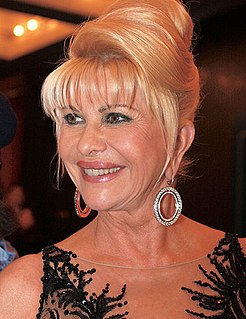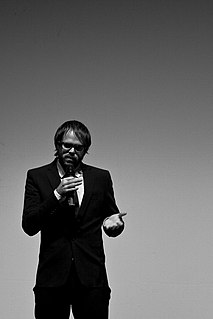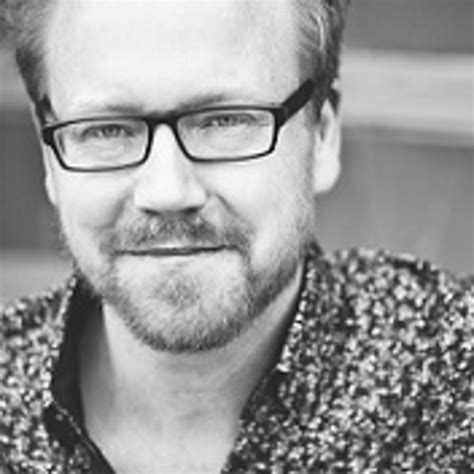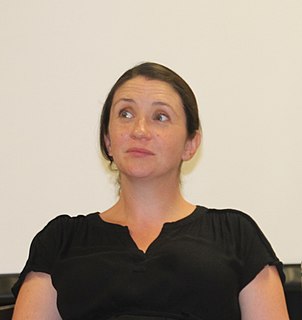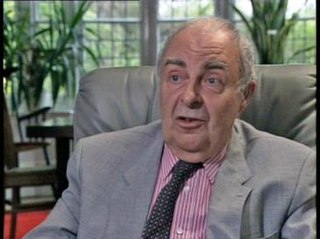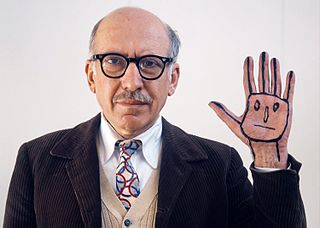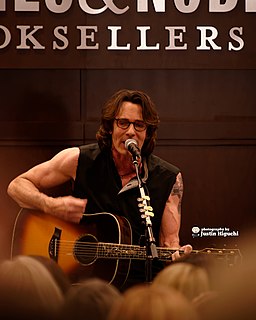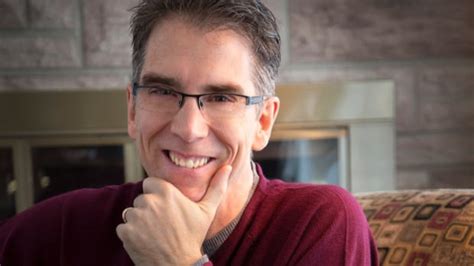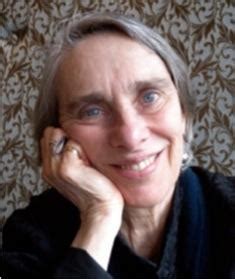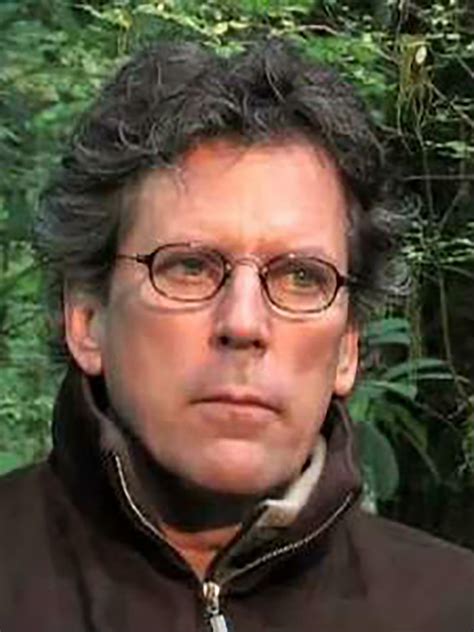Top 1200 Fiction Writing Quotes & Sayings - Page 4
Explore popular Fiction Writing quotes.
Last updated on December 4, 2024.
I would say that most of my books are contemporary realistic fiction... a couple, maybe three, fall into the 'historic fiction' category. Science fiction is not a favorite genre of mine, though I have greatly enjoyed some of the work of Ursula LeGuin. I haven't read much science fiction so I don't know other sci-fi authors.
Science fiction is any idea that occurs in the head and doesn't exist yet, but soon will, and will change everything for everybody, and nothing will ever be the same again. As soon as you have an idea that changes some small part of the world you are writing science fiction. It is always the art of the possible, never the impossible.
You can, in short, lead the life of the mind, which is, despite some appalling frustrations, the happiest life on earth. And one day, in the thick of this, approaching some partial vision, you will (I swear) find yourself on the receiving end of - of all things - an "idea for a story," and you will, God save you, start thinking about writing some fiction of your own. Then you will understand, in what I fancy might be a blinding flash, that all this passionate thinking is what fiction is about, that all those other fiction writers started as you did, and are laborers in the same vineyard.
There are very real differences between science fiction and realistic fiction, between horror and fantasy, between romance and mystery. Differences in writing them, in reading them, in criticizing them. Vive les différences! They're what gives each genre its singular flavor and savor, its particular interest for the reader - and the writer.
No one can teach writing, but classes may stimulate the urge to write. If you are born a writer, you will inevitably and helplessly write. A born writer has self-knowledge. Read, read, read. And if you are a fiction writer, don't confine yourself to reading fiction. Every writer is first a wide reader.
The hardest part about writing fiction is finding long stretches of time to do it: for me, this means writing mostly on Saturdays and Sundays. But I am always thinking about my characters, jotting down ideas in stolen moments and hoping I'll be able to make sense of them when the weekend rolls around.
Writing the past is never a neutral act. Writing always asks the past to justify itself, to give its reasons... provided we can live with the reasons. What we want is a narrative, not a log; a tale, not a trial. This is why most people write memoirs using the conventions not of history, but of fiction.
Creative non-fiction is such a liberating genre because it allows the non-fiction writer, whether he or she be journalist or essayist, to use all of the techniques of the fiction writer and all of the ideas, creative approaches, that fiction writers get a chance to use, but they have to use it in a true story.
There's the fact that American fiction is basically the most apolitical fiction on the globe. A South American writer wouldn't dare think of writing a novel if it didn't allude to the system into which these people are orchestrated - or an Eastern European writer, or a Russian writer, or a Chinese writer. Only American writers are able to imagine that the government and the corporations - all of it - seem to have no effect whatsoever.
The only good grades I ever got in school before I was kicked out were for creative writing. I thought that fiction might be in my future but then my career took a different path once the Beatles showed me what a blast being in a band could be. Writing my memoir Late, Late at Night reminded me how much I love the craft. So I decided to give fiction a shot again.Magnificent Vibration is the result. I’m still not quite sure where it came from, but once I got going, it practically wrote itself. I’ve heard writers I admire speak of that phenomenon, so maybe I’m on the right track.
I was writing novels at eight. It was a science fiction epic, which went by the unimprovable title of 'Another Kind of Warrior.' I'd write it beginning to end, but when I'd finished it, I was another year older. The quality of writing and thought changed radically, so I'd start it again. I re-wrote that same book until I was 16.
Writing, or at least good writing, is an outgrowth of that urge to use language to communicate complex ideas and experiences between people. And that's true whether you're reading Shakespeare or bad vampire fiction-reading is always an act of empathy. It's always an imagining of what it's like to be someone else.
Burroughs called his greatest novel 'Naked Lunch,' by which he meant it's what you see on the end of a fork. Telling the truth. It's very difficult to do that in fiction because the whole process of writing fiction is a process of sidestepping the truth. I think he got very close to it, in his way, and I hope I've done the same in mine.
I write fiction longhand. That's not so much about rejecting technology as being unable to write fiction on a computer for some reason. I don't think I would write it on a typewriter either. I write in a very blind gut instinctive way. It just doesn't feel right. There's a physical connection. And then in nonfiction that's not the case at all. I can't even imagine writing nonfiction by hand.
No one can teach writing, but classes may stimulate the urge to write. If you are born a writer, you will inevitably and helplessly write. A born writer has self-knowledge. Read, read, read. And if you are a fiction writer, dont confine yourself to reading fiction. Every writer is first a wide reader.










